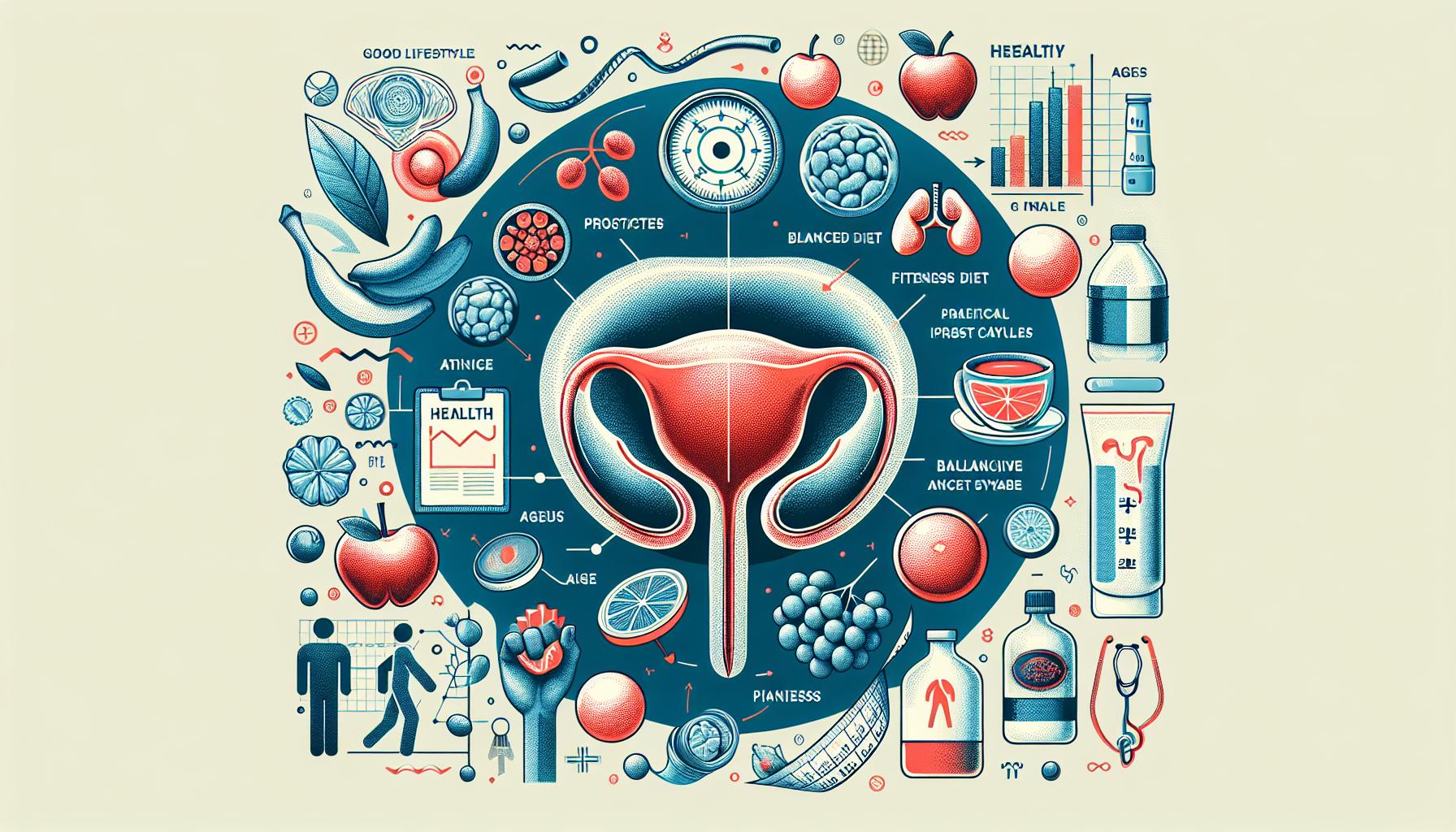Introduction
Have you ever wondered, “What can cause Benign Prostatic Hyperplasia (BPH)?” Simply put, BPH is a condition that affects men and is characterized by an enlarged prostate. This non-cancerous condition can cause uncomfortable and sometimes distressing urinary symptoms. It’s a complex issue with multiple potential causes, but the common culprits include aging, hormonal changes, and lifestyle factors. Let’s delve headfirst together into this topic to better understand the myriad elements that can contribute to the development of BPH.
Master of All: Age
With maturity comes wisdom, they say, but it also can bring a host of health concerns, BPH being one of them. The aging process is like a maestro commanding an orchestra; each instrument, a different bodily function, follows suit. As the years chime in, the prostate may begin to enlarge, potentially leading to BPH. It’s important to remember, though, not every gentleman will experience noticeable symptoms of BPH as they grow older.
Aging and BPH
Like snowflakes falling in winter, changes such as an enlarged prostate are common as men age. But why does this happen? The truth is, we’re not entirely sure. What we do know is that BPH rarely causes symptoms in men under the age of 40, but its prevalence increases with each passing decade for those over 40.
Hormonal Changes: A Close Second?
Speaking of hormones, these chemical messengers are like social butterflies in the human body, influencing a multitude of actions. When hormonal balance is disrupted, it can trigger changes like prostate enlargement, possibly setting the stage for BPH.
Role of Hormones
Estrogen gains ground as men age, while testosterone decreases – it’s just a fact of life, lads! This shift in the hormonal tide might stimulate prostate growth, leading to the development of BPH.
Lifestyle Factors: More than Meets the Eye
We often hear about shaping our lifestyle for better heart health or reducing the risk of diabetes. But did you know that some of your day-to-day habits could potentially influence the health of your prostate? Turns out, the way we live our lives might have a profound bearing on BPH development.
Modifying Madness
A sedentary lifestyle, a high fat diet, excessive alcohol consumption, and smoking are among the elements that may contribute to a higher risk of developing BPH. Limiting these habits could not only benefit your prostate but could also have a cascading effect improving overall health.
Conclusion
In conclusion, BPH development is an interplay of various factors like age, hormonal changes, and lifestyle factors. Understanding these elements can help you make informed decisions about your health. Remember, your body isn’t a machine; it’s a marvel, and like any marvel, it requires appropriate care to function optimally.
Frequently Asked Questions
1. Is BPH a serious condition?
While BPH is not cancerous, it can cause considerable discomfort and distress due to urinary symptoms. In severe cases, it can block the flow of urine out of the bladder and cause bladder, urinary tract or kidney problems.
2. Does BPH increase the risk of prostate cancer?
No, BPH is not directly associated with prostate cancer. However, both conditions can cause an increase in prostate size and share similar symptoms.
3. Can BPH be prevented?
While we can’t stop aging or completely control hormonal changes, lifestyle modifications, such as healthy diet, exercise, and reduced alcohol and tobacco use, may help reduce the risk of BPH.
4. What are the symptoms of BPH?
Symptoms of BPH can include frequent urination, trouble starting a urine stream, weak flow, dribbling at the end of urination, and the urgent need to urinate.
5. How is BPH treated?
Treatment for BPH depends on the severity of symptoms and whether you have complications. Options can include lifestyle modifications, medication, minimally invasive procedures and surgery.


